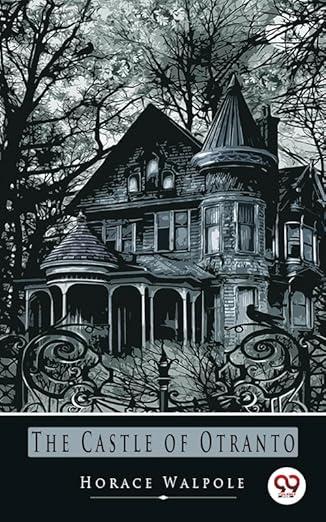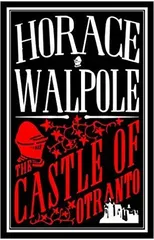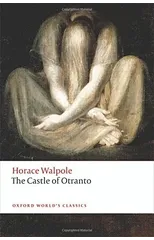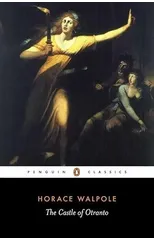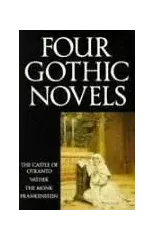The Castle of Otranto (Legend Classics)
(Autor) Horace WalpoleMost people agree that The Castle of Otranto was the first gothic fiction. The book, which takes place in a haunted castle, combined medievalism with fear in an ever-enduring manner.Manfred, the castle's lord, and his family are the subjects of The Castle of Otranto. The story opens on the day of Conrad's ailing son and princess Isabella's nuptials. A huge helmet descends on Conrad from above, crushing him to death. Manfred divorces his present wife Hippolita and marries Isabella in an effort to stop the catastrophe.The knights from another kingdom want to give Isabella to her father, Fredric, who has a greater claim to the castle. As a result, Isabella flees, forcing Manfred and the knights to search quickly for her.The prophesy is deemed fulfilled, and a huge ghostly figure comes, declaring the castle walls to be destroyed. Along with Hippolita, Manfred cedes the principality and enters a life of prayer. Theodore marries Isabella, the only person who can genuinely comprehend his anguish, and is made prince of the castle's ruins.
Horace Walpole
Horace Walpole (1717-1797) was an English writer, art historian, and politician. He is best known for his Gothic novel "The Castle of Otranto" (1764), which is considered the first Gothic novel in English literature. Walpole's writing style was characterized by its use of supernatural elements, melodrama, and intricate plots.
In addition to his literary work, Walpole was a noted art historian and collector, known for his extensive collection of art and antiquities at his home, Strawberry Hill House. He was also a politician, serving as a Member of Parliament and holding various government positions.
Walpole's contributions to literature include popularizing the Gothic genre and inspiring subsequent writers such as Ann Radcliffe and Mary Shelley. His influence can be seen in the development of Gothic fiction as a distinct literary genre.
